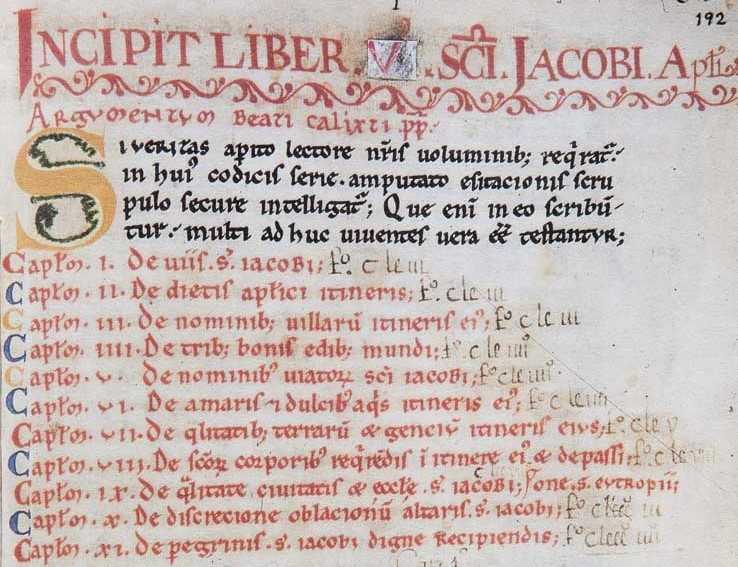
Study of a short story, presented as traditional in the Codex Calixtinus (Liber sancti Iacobi 5,7), where the origin of the Basques is explained as a genus mixtum, the result of the union of native women with Roman mercenaries of different ethnic groups (Scots , Cornish and Nubians). The importance of this story, completely eluded by critics, is based on its condition as the first known Basque ethnogenesis, previous by several centuries to the narratives accepted as such by Barcelos and García de Salazar, the first historians of the lordship of Vizcaya.
In any case, the Calixtinian account not only coincides with these authors, but it is also the first to reflect the elements that gave rise to the theories of Basque-Iberism and Garibay’s Basque-Cantabrianism, already in the 17th century. Apart from this, it can also become the first absolute witness of some motifs collected by Jiménez de Rada or Alfonso X in the Iberian ethnogenesis included in their Historias de España and, more curiously, of others immortalized a century later in the Poema de Fernán González . No less noteworthy is that the modest Calixtine story was read and inspired by Geoofrey of Monmouth, the famous creator of the Arthurian matter, in his Historia regum Britanniae. Finally, it is striking how some of the core elements of his argument are in perfect agreement with the theory of Basqueization or late Euskaldunization, revitalized in recent years with increasing data and arguments in the field of Basque historiography.